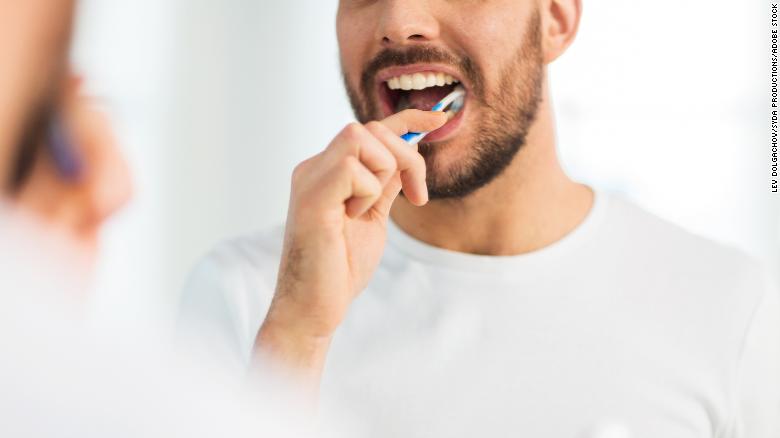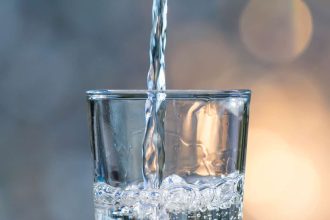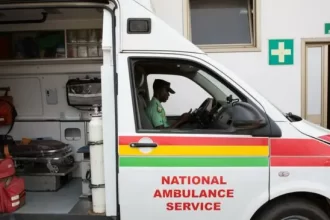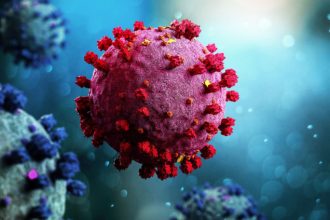A lot of us are familiar with the advice that we should brush our teeth twice a day, and for at least two minutes each time. Many of us overestimate how long we brush our teeth for — by as much as a whole minute in some cases. And yet there’s some evidence that even two minutes of teeth brushing may not be enough.
According to research, to remove as much plaque as possible more is better — with the best results at three to four minutes. Does that mean we should double our brushing time?
Dentists began recommending we should brush our teeth for two minutes in the 1970s, and later on, to use a toothbrush with soft bristles. However, today’s consensus is mostly based on studies published since the 1990s, which looked at brushing times, techniques and toothbrush type.
These studies showed two minutes of brushing led to good (but not excellent) plaque reduction. But, while brushing longer than two minutes is shown to remove more plaque, there’s still a lack of research which has looked at whether more than two minutes of brushing is linked with better long-term oral health compared with two minutes.
However, based on what we know of the harms of plaque overgrowth, it’s likely that removing more of it each time we brush is linked to better oral health. It’s also important to note that this lack of evidence is because long-term studies can be difficult to conduct.
When we brush our teeth, we do so with the main aim of removing microbes (known as dental plaque) from tooth surfaces. This plaque is an accumulation of bacteria, fungi and viruses that live together in a community known as a microbial biofilm. Biofilms are very sticky and can only be removed by brushing.
Many things can make it easier for these microbes to grow, including rough areas on the tooth’s surface (such as from some fillings), being unable to reach certain areas with a toothbrush (like the spaces between teeth) or having braces. In fact, plaque biofilms re-grow on our teeth within hours of brushing — which is why we’re advised to brush twice a day.
Not brushing our teeth properly or for long enough can lead to higher levels of plaque, which may ultimately activate our body’s immune response — eventually leading to inflammation and conditions such as gingivitis. Inflammation is usually not painful, but often causes bleeding gums when brushing and sometimes bad breath. Biolfilms can also cause tooth decay.
Proper technique
The aim of brushing our teeth is to reduce as much plaque on each tooth as possible.
Current evidence suggests that spending more time brushing — up to four minutes each time you brush — leads to cleaner teeth. This longer brushing time means we can more effectively clean our teeth and get those hard-to-reach places.
But be careful not to brush too often (such as more than two times a day) and avoid brushing hard or using abrasive toothpastes and brushes, as this can also cause damage to our teeth and gums — especially when using a toothbrush with hard bristles or abrasive toothpastes.
There are many different brushing techniques you can use to brush your teeth properly. One of the most recommended ones is the modified “Bass” technique, which is intended to clean at and below the gum line — the area where plaque forms first and is most likely to cause inflammation.
You should always brush your teeth with a gentle force — though precisely how hard this should be is currently not conclusive. Gentle brushing is preferred so that we don’t damage the hard and soft tissues in our mouth.
Many factors can affect which type of technique, brush and toothpaste or floss you use. For example, people who may have damaged the surface of their teeth from drinking too many acidic fizzy drinks may have weaker teeth.
This may mean they’re more susceptible to further tooth damage if they use abrasive toothpastes and harder bristles. It’s worth consulting your dentist to know what you should use to brush.
Interdental cleaning — which most of us know simply as flossing — is also recommended alongside brushing our teeth. Studies have found that both tooth decay and gingivitis can be reduced by flossing.
The most effective way of flossing is sliding the floss between the gums and tooth and holding it firmly against the tooth — such that the floss “hugs it” — and rubbing along the surface of the tooth in a gentle up and down motion, gently advancing the floss beneath the gum line.
Interdental brushes, which can be pushed between the teeth at the gum level, can be even more effective. Less is known about other cleaning aids — including toothpicks, water jets or tongue cleaners — and how effective they are.
While we may be used to the advice that we should brush our teeth twice a day for two minutes each time, it’s important that we also concentrate on using proper technique to ensure that we’re brushing thoroughly and properly. Brushing for longer than two minutes may also help us ensure that we remove more plaque from our teeth — which will likely lead to better dental health.













